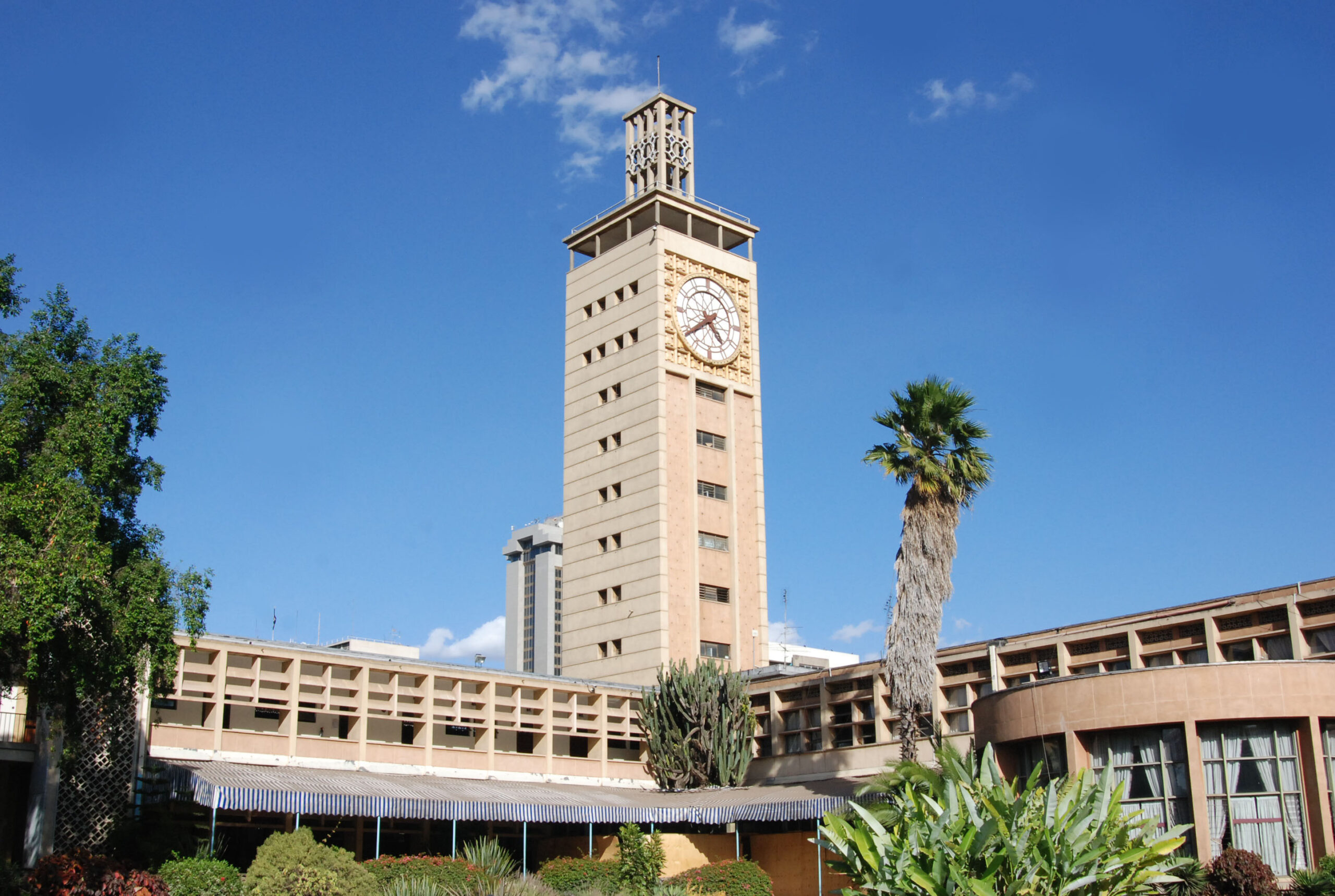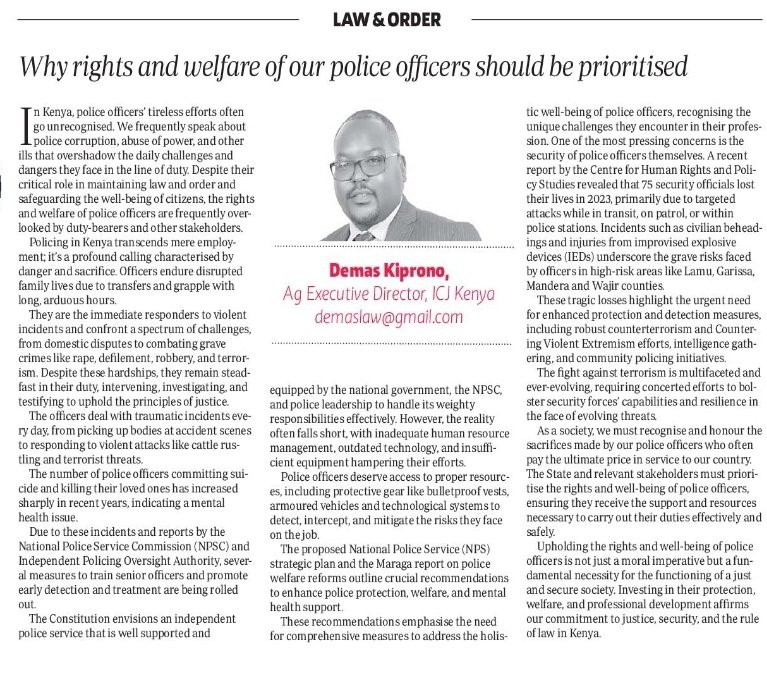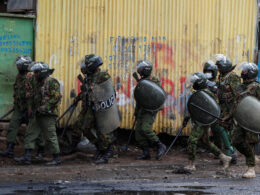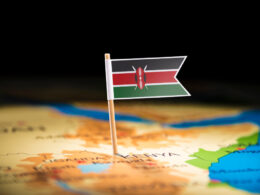NAIROBI,Kenya – In Kenya, police officers’ tireless efforts often go unrecognised. We frequently speak about police corruption, abuse of power, and other ills that overshadow the daily challenges and dangers they face in the line of duty.
Despite their critical role in maintaining law and order and safeguarding the well-being of citizens, the rights and welfare of police officers are frequently overlooked by duty-bearers and other stakeholders.
Policing in Kenya transcends mere employment; it’s a profound calling characterised by danger and sacrifice. Officers endure disrupted family lives due to transfers and grapple with long, arduous hours.
They are the immediate responders to violent incidents and confront a spectrum of challenges, from domestic disputes to combating grave crimes like rape, defilement, robbery, and terrorism. Despite these hardships, they remain steadfast in their duty, intervening, investigating,and testifying to uphold the principles of justice.
The officers deal with traumatic incidents every day, from picking up bodies at accident scenes to responding to violent attacks like cattle rustling and terrorist threats.
The number of police officers who die by suicide & killing their colleagues or loved ones has increased sharply in recent years, indicating a mental health issue. Due to these incidents and reports by the national police service commission and the independent policing oversight authority, several measures to train senior officers and promote early detection and treatment are being rolled out.
The 2010 constitution envisions an independent police service that is well supported and equipped by the National Government,the NPSC, and police leadership to handle its weighty responsibilities effectively.
However, the reality often falls short, with inadequate HR management, outdated technology, & insufficient equipment hampering their efforts. Officers deserve access to proper resources, including protective gear like bulletproof vests & armoured vehicles and technological systems to detect, intercept, and mitigate the risks they face on the job.
The proposed NPS strategic plan and the Maraga Report on Police Welfare reforms outline crucial recommendations to enhance police protection, welfare, & mental health support.
These recommendations emphasise the need for comprehensive measures to address the holistic well-being of police officers, recognising the unique challenges they encounter in their profession.
One of the most pressing concerns is the security of police officers themselves. A recent report by the Centre for Human Rights & Policy Studies revealed that 75 security officials lost their lives in 2023, primarily due to targeted attacks while in transit,on patrol, or within police stations.
Incidents such as civilian beheadings and injuries from improvised explosive devices (IEDs) underscore the grave risks faced by officers in high-risk areas like Lamu, Garissa, Mandera and Wajir Counties.
These tragic losses highlight the urgent need for enhanced protection and detection measures, including robust counterterrorism and Countering Violent Extremism (CVE) efforts, intelligence gathering, and community policing initiatives. The fight against terrorism is multifaceted and ever-evolving, requiring a concerted effort to bolster security forces’ capabilities and resilience in the face of evolving threats.
As a society, we must recognise and honour the sacrifices made by our officers, who often pay the ultimate price in service to their country.
The state and relevant stakeholders must prioritise the rights and well-being of police officers, ensuring they receive the support and resources necessary to carry out their duties effectively and safely.
Upholding the rights and well-being of police officers is not just a moral imperative but a fundamental necessity for the functioning of a just and secure society.
Investing in their protection, welfare, and professional development affirms our commitment to justice, human rights, security, and the rule of law in Kenya.
The writer, Demas Kiprono is the Ag. Executive Director ICJ Kenya. This article was first published on the Standard newspaper.










